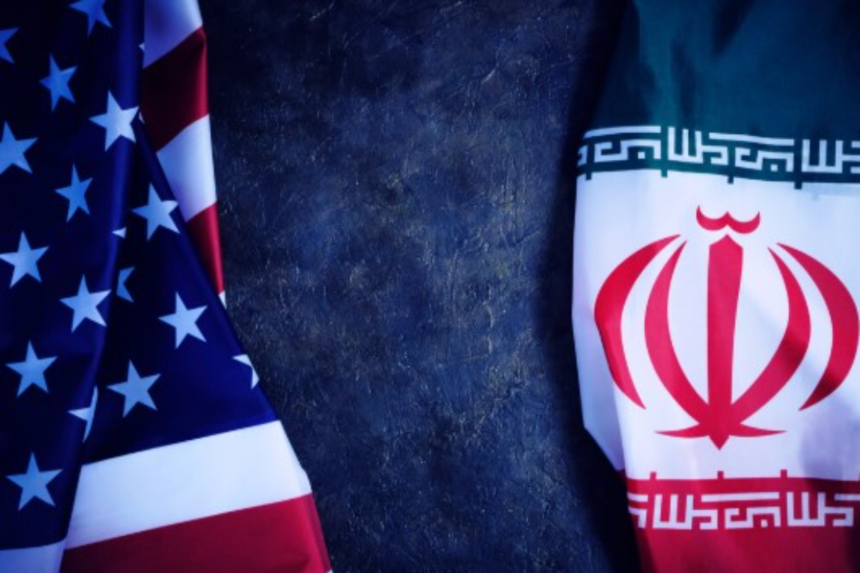Donald Trump is a man in a hurry. In the few months he’s been in office, the U.S. president has sought—and failed—to bring peace to Gaza and Ukraine. He has bombed Yemen and started a global trade war. Now, Trump is turning his attention, as always, to Iran.
This issue has always been on the president’s to-do list. For him, Iran is unfinished business from his first term.
The question remains the same as it was then: What can stop Iran from seeking a nuclear weapon?
Iran denies having such ambitions. However, other countries believe that the Islamic Republic at least wants the capability to build a nuclear bomb, a desire that some fear could spark an arms race or even an all-out war in the Middle East.
In 2015, Iran reached an agreement with the U.S., the UK, France, Germany, Russia, and China. It was called the Joint Comprehensive Plan of Action (JCPOA).
Under its provisions, Iran agreed to limit its nuclear ambitions and allow international inspectors in exchange for the lifting of economic sanctions.
But Trump withdrew the U.S. from the deal in 2018, claiming it rewarded terrorism by financing Iran’s proxy militias like Hamas and Hezbollah. The U.S. reinstated sanctions.
Iran then ignored some of the deal’s restrictions and began enriching more uranium.
Analysts fear Iran may soon have enough uranium to produce a nuclear warhead.
The International Atomic Energy Agency (IAEA) estimates that Iran’s stockpile of 60% enriched uranium could produce about six bombs if further enriched to the final level. Within days of his inauguration, Trump reinstated his previous policy of “maximum pressure” on Iran.
On February 4, with his trademark pen, he signed a memorandum ordering the U.S. Treasury to impose further sanctions on Iran and punish countries that violate existing sanctions, particularly those that purchase Iranian oil.
Now, the White House hopes to match that economic pressure with diplomacy. Last month, Trump sent a letter to Iran’s Supreme Leader, Ali Khamenei, offering to begin negotiations and calling for a deal within two months. He has now agreed to direct talks between U.S. and Iranian officials in Oman this weekend.
The U.S. threat to Iran is clear: agree to a deal or face military action.
“If talks are not successful with Iran, I think Iran will be in very big trouble,” Trump said on Monday.







